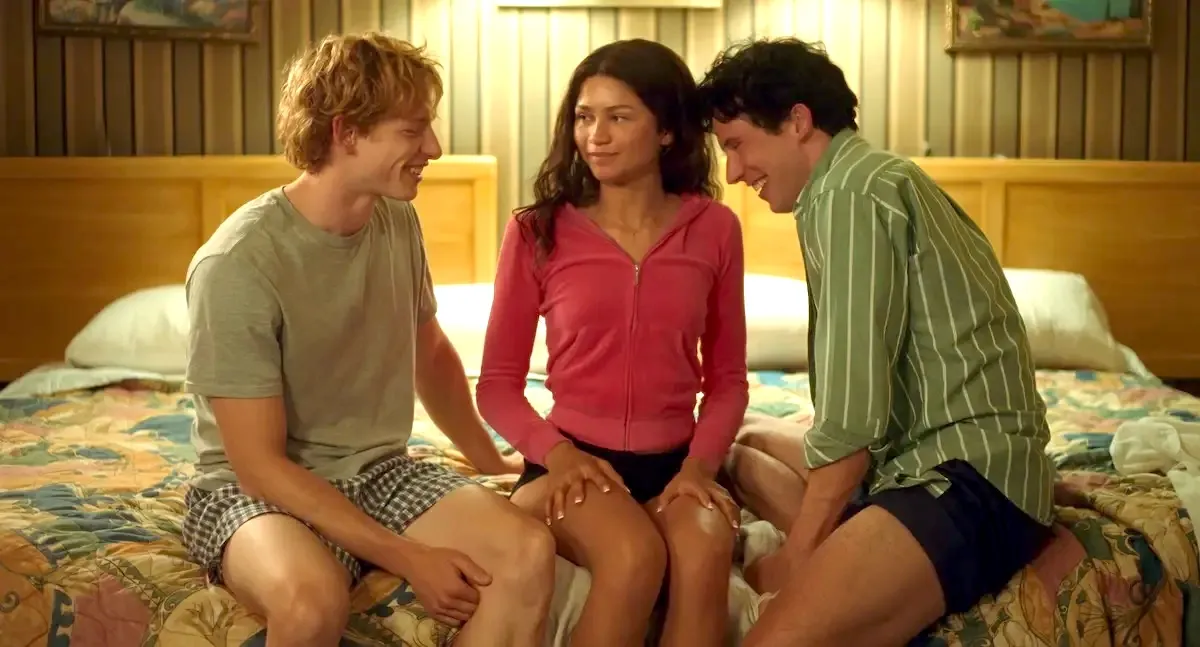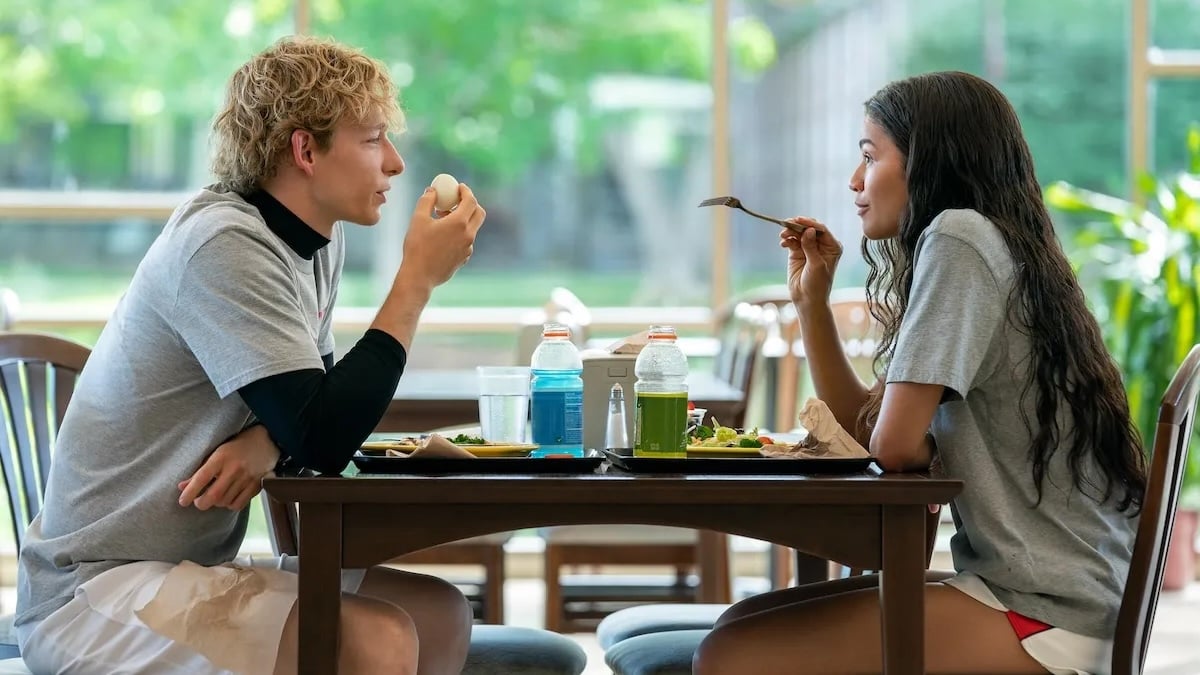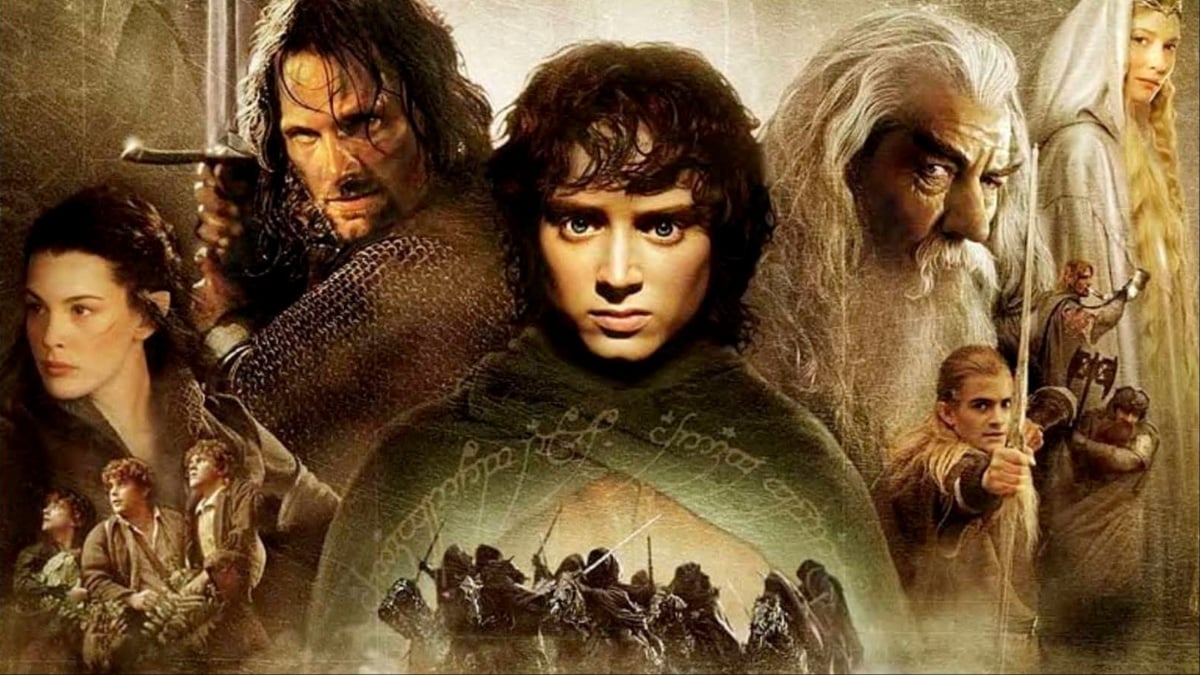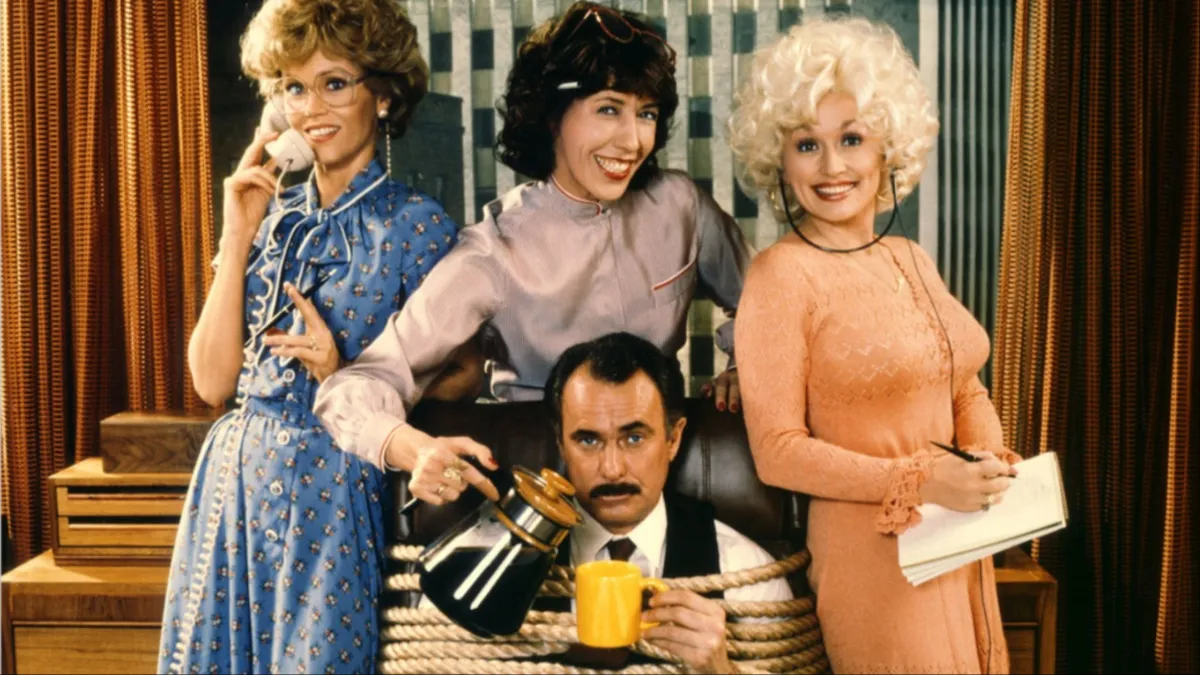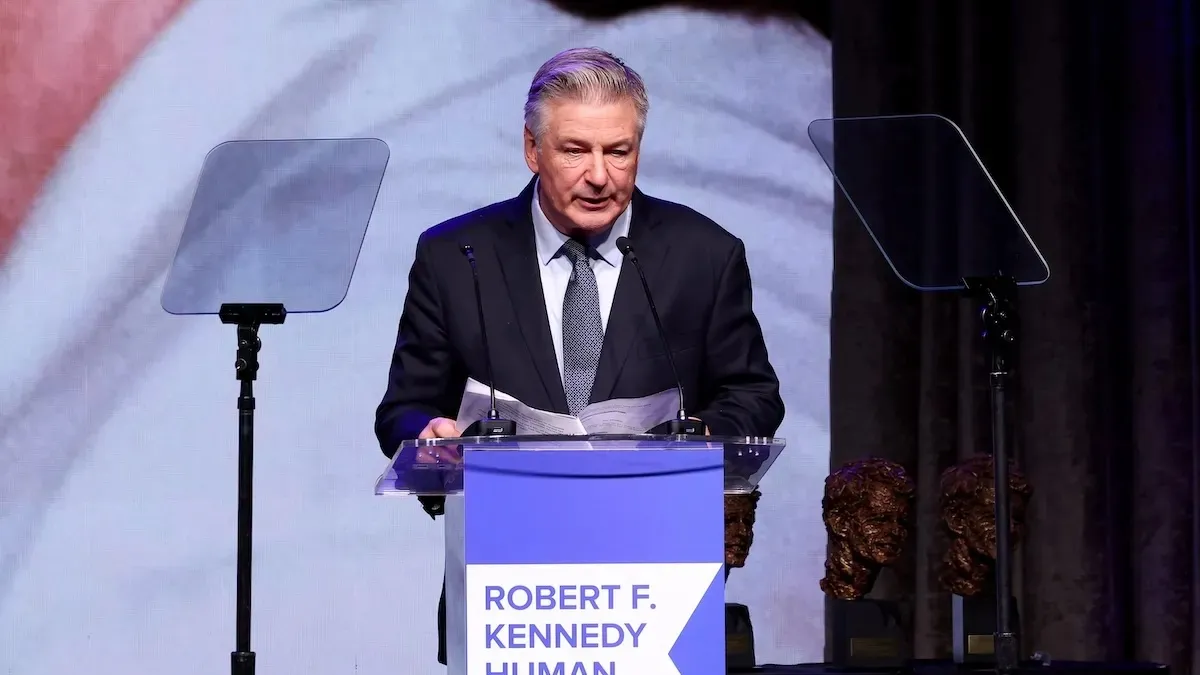La fée aux choux (The Cabbage Fairy), dir. Alice Guy Blaché
Hey look here, it’s the oldest surviving film by the world’s first narrative female director, Alice Guy Blaché! Blaché (then Alice Guy) was hired by French film pioneer Léon Gaumont to be a secretary at his photography company in 1894. When Gaumont made the switch to moving pictures Blaché went with him, and in 1896 she became the Gaumont Film Company’s head of production. Over the course of her decades-long career she made over 1,000 films, the earliest of which is 1896’s The Cabbage Fairy, available in its entirety on YouTube due to the fact that it’s less than a minute long. Other Blaché films are available on the ‘Tube as well, including the interestingly titled The Consequences of Feminism.
It is on Netflix Instant: No. You literally just saw the whole thing.
Burning Bush, dir. Agnieszka Holland
Legendary Polish director Holland has had one heck of a far-reaching career. Three of her movies (Angry Harvest, Europa, Europa, and In Darkness) have been nominated for the Best Foreign Language Film Oscar, and her English-language 1993 adaptation of The Secret Garden has a special place in the hearts of many book-loving nerds of a certain (mid-20s to mid-30s) age. More recently she’s lent her considerable talents to TV, directing episodes of The Wire, The Killing, and Treme. On that list is also Burning Bush, a docudrama about Soviet occupation-era Czech Republic (then Czechoslovakia) that was originally made as a miniseries for HBO Europe but was put out by Fandor as a whopping 241-minute movie. In my view it works better as a miniseries. Each episode has a different focus—one is about the immediate aftermath of the self-immolation of Jan Palach as a protest against Soviet authorities, while a later episode focuses on the run-up to the resulting court case, etc. It helps to give each segment some time to breathe, because four hours is a long time for one movie. So head to Fandor, sign up for your free trial, and watch it in four chunks.
It is on Netflix Instant: No.
Persepolis, dir. Marjane Satrapi (with Vincent Paronnaud)
Based on Satrapi’s autobiographical graphic novel of the same name, Persepolis follows ‘Marji’ (voiced by Chiara Mastroianni) as she grows up during the 1979 Islamic Revolution and its aftermath. Persepolis‘ striking black-and-white illustrations helped it snag a 2008 Oscar nomination for Best Animated Feature, though the win eventually went to Pixar (ain’t that the way?). Satrapi and Paronnaud reteamed for 2011’s Chicken with Plums (trailer here), another adaptation of one of Satrapi’s graphic novels, but this time in (mostly) live action. It’s good, particularly in terms of visuals, but in my opinion Persepolis is still the more emotionally resonant film.
It is on Netflix Instant: No.
Blackboards, dir. Samira Makhmalbaf
This is the third Iranian movie on this list, because reasons. I do what I want, Thor! With Forough Farrokhzad, Makhmalbaf is one of the premiere female directors of the Iranian New Wave, which is defined in part by a sort of poetic realism. That’s certainly the case with Blackboards, which is more of a character piece than most of the other movies on this list. Its plot is fairly simple: Two teachers, Said and Reeboir, travel around the Iran/Iraq border looking for students. One ends up with a band of teenage boys carting illegal goods across the border. Another comes across a group of nomads trying to get back to their bombed-out village in Iraq. It’s a stunning film, and it’s easy to see why Makhmalbaf won the Jury Prize at the 2000 Cannes Film Festival for it.
It is on Netflix Instant: No.
Monsoon Wedding, dir. Mira Nair
This slice-of-life film takes place over the course of a few days as a family prepares for the wedding of one of its own. There’s drama, there’s comedy, there’s romance. There’s one particularly sensitive subject that gets tackled, though to say what is verging into spoiler territory. In short, Monsoon Wedding is an incredibly authentic film about what happens when an extended family—some of who are keeping secrets from one another, some who haven’t seen each other in years, some who have never met—get together all at once. It’s a celebration of Indian culture, but at the same time there are parts that are incredibly universal. And it has one of the most jubilant dance scenes in film history:
It is on Netflix Instant: No.
Tomorrow I tackle Kitchen Sink movies, aka miscellany. Don’t just assume I’ll include your favorite! Drop a comment letting me know what it is and why it’s awesome for our Friday reader recs post.
Are you following The Mary Sue on Twitter, Facebook, Tumblr, Instagram, & Google +?




